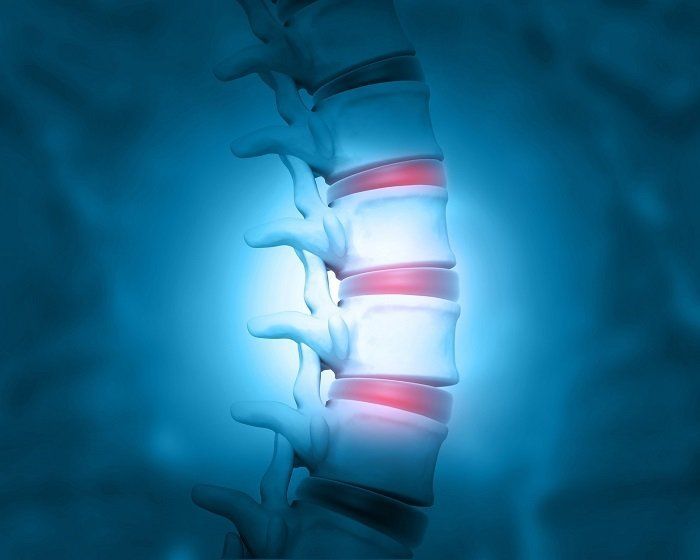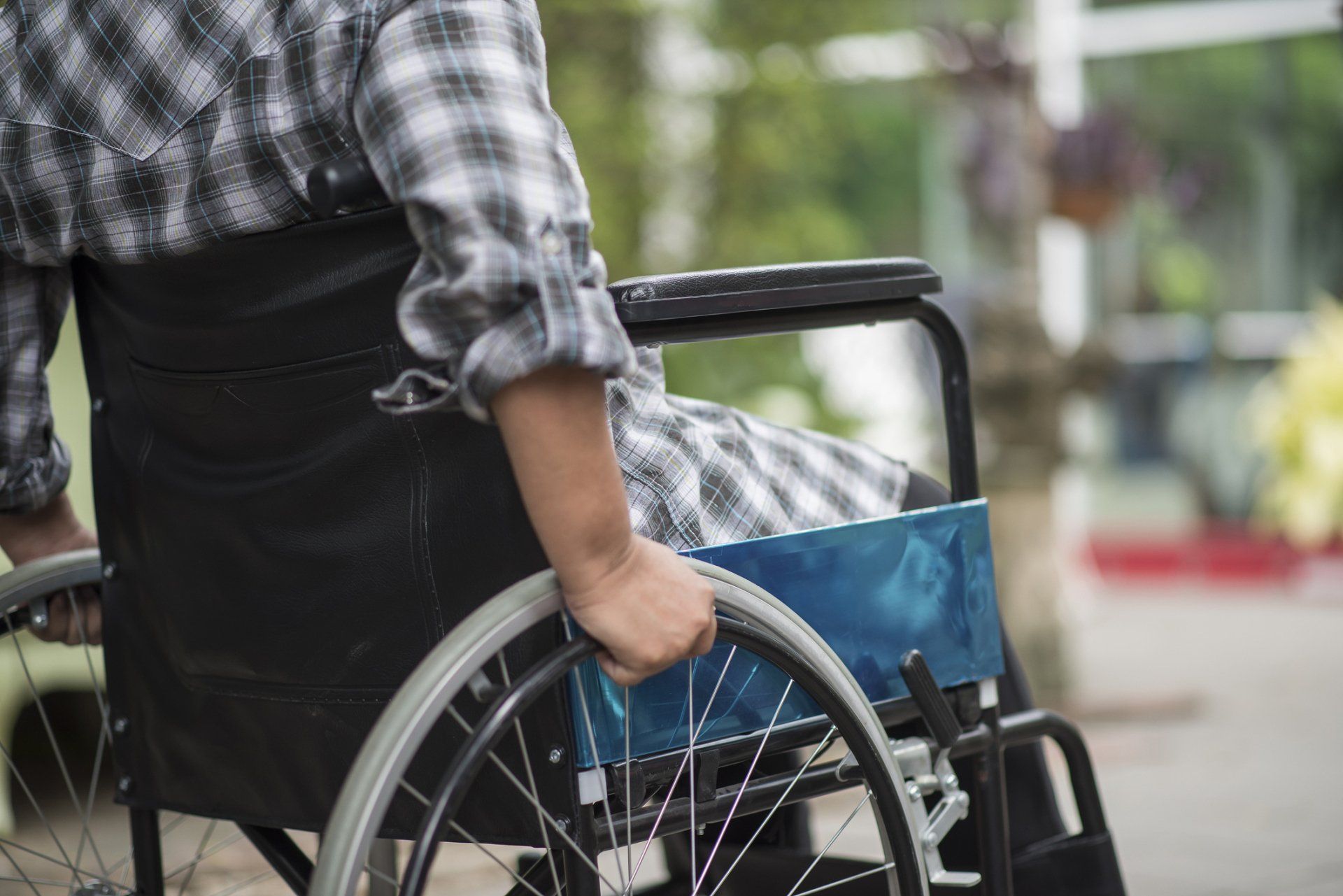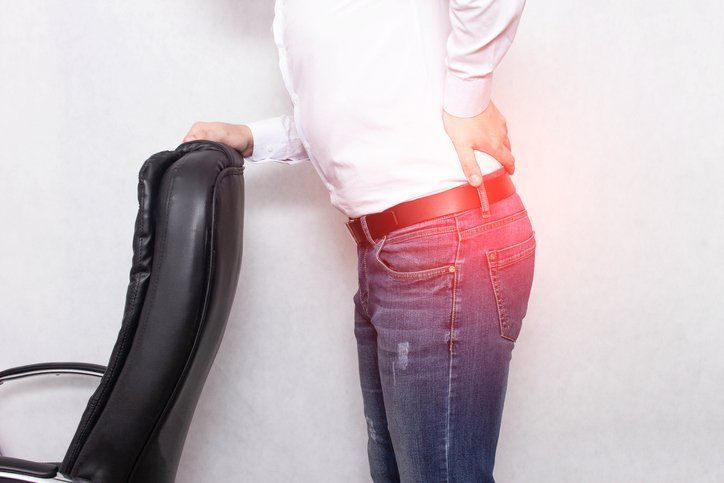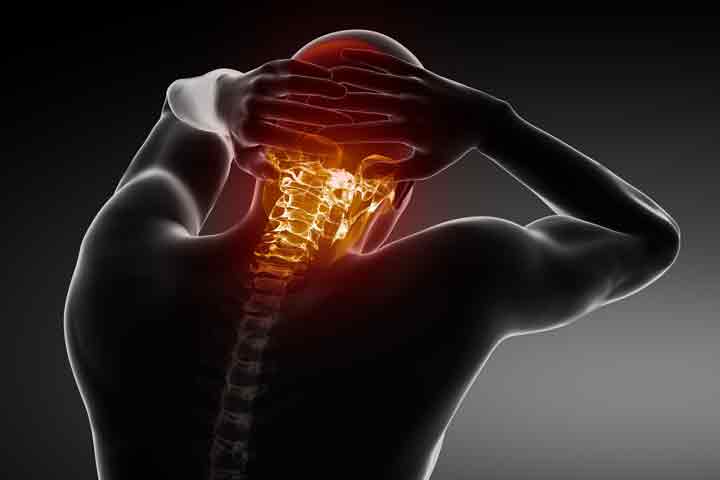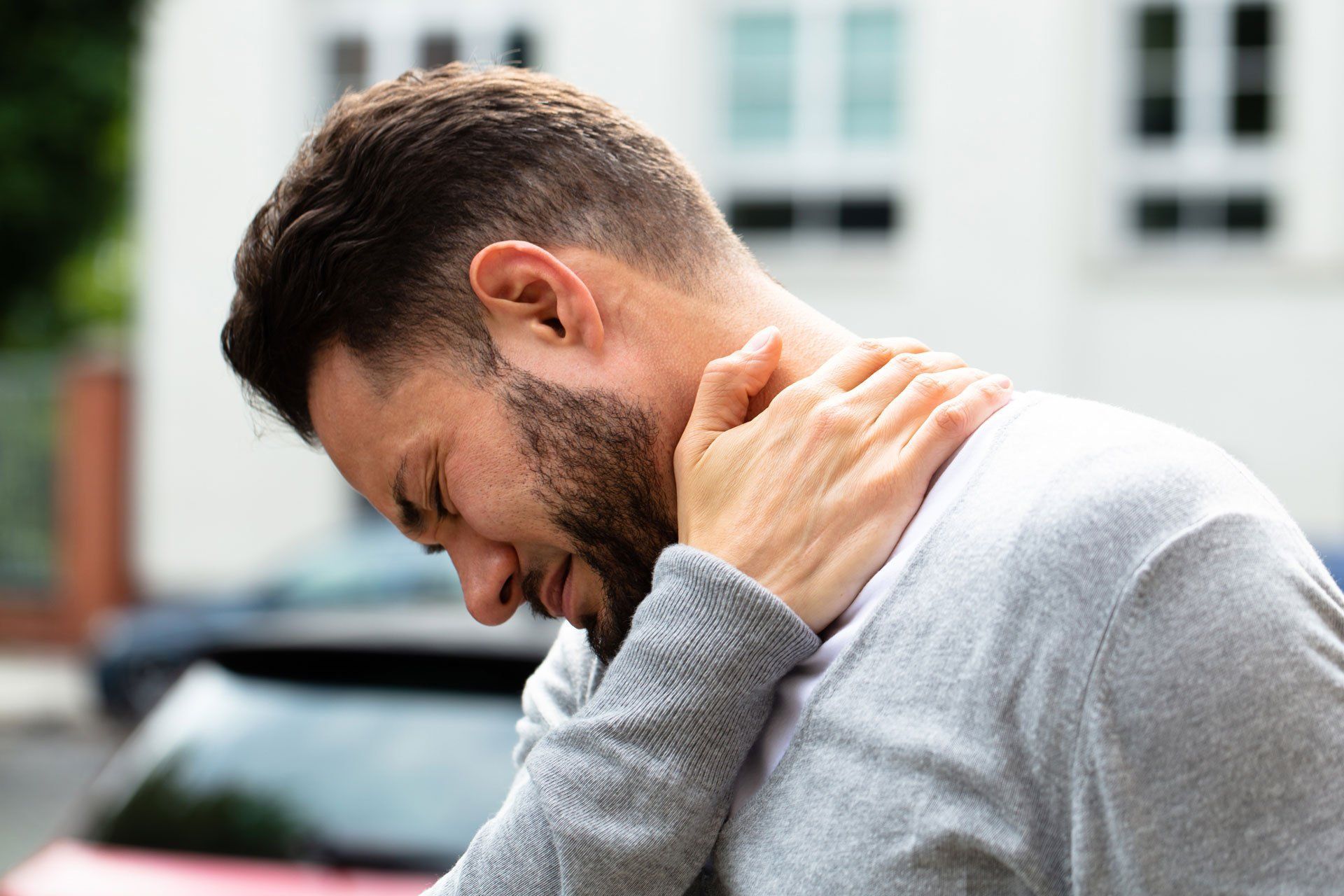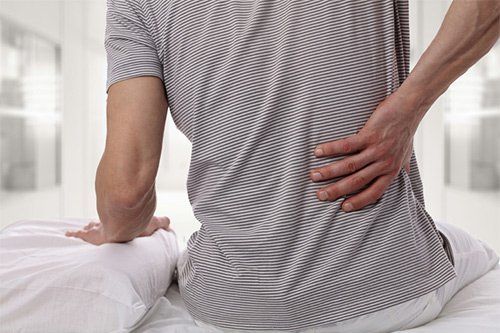Herniated Vs. Bulging Disc: Know the Difference
You may hear "herniated disc" and "bulging disc" and not realize that they are two different issues. Herniated and bulging discs are both two back problems that may cause you pain, among other issues. However, one usually stems from an injury, while the other arises as you age. Although you might not feel the difference, a back pain specialist can identify the difference through an evaluation and diagnostic testing.
Herniated Disc
A herniated disc, also known as a slipped disc, is an issue that occurs when you have a tear in the outer shell of your disc, and the contents may begin to seep through this opening.
Signs of a Herniated Disc
When the contents of the disc leak out of the disc, it may irritate the surrounding nerves and tissue. In comparison to a bulging disc, this disc issue is more likely to cause you pain and discomfort. Sometimes though, a herniated disc causes no problems, so you may not know you have a herniated disc.
If you experience symptoms from a herniated disc, you might have pain around where the slipped disc is. You experience the pain because the contents of the disc places pressure on the surrounding soft tissue and nerves. Since the contents can press against the nerves, you might also suffer from burning, tingling, numbness, or weakness in that location of your back.
Depending on the location of the slipped disc, you may also have arm or leg pain. For instance, if you have a herniated disc in your lower pack, the pain can radiate to your buttock, calf, or thigh. The weakness, numbness, and tingling may also affect these areas. On the other hand, a herniated disc in your neck or upper back can cause these symptoms in your arms.
Causes of a Herniated Disc
Your discs become less flexible, less hydrated, and more susceptible to injury as your age. Once your disc undergoes this process known as degeneration, you may injure your disc when you lift a heavy object improperly or turn suddenly.
Certain risk factors increase your chances of a slipped disc, including:
- Being overweight
- Having a job where you perform repetitive motions
- Being a smoker
Bulging Disc
A bulging disc is different than a herniated disc because the contents of the disc remain inside of it. You, however, many lose some of the contents of the disc, and the disc won't have the flexibility that it once did. Additionally, the disc may change shape.
Signs of a Bulging Disc
You might not experience any symptoms of a bulging disc. Generally, a bulging disc doesn't protrude as much as a herniated disc.
On the other hand, some people experience pain, numbness, tingling, or weakness because the disc presses against the surrounding nerves and tissue.
Causes of a Bulging Disc
A bulging disc occurs when the aging process affects your discs. As you age, the outer shell of your disc weakens. As this happens, the contents of the disc, which is soft and jellylike, presses against the outer edges.
Ultimately, this pressure causes the disc to expand. If it expands evenly on both sides, the disc looks like a large hamburger on a small bun, as noted by the Mayo Clinic. A bulging disc doesn't always bulge evenly, though. In other words, the bulging may only occur on one side.
The risk factors associated with a bulging disc are the same as a herniated disc.
Schedule an appointment with Specialists in Pain Management, serving Chattanooga, Ooltewah, and the surrounding Tennessee areas, if you have back pain or other signs of a bulging or herniated disc.
Licensed | Bonded | Insured
DISCLAIMER: You will receive a call to remind you of your appointment. If you must cancel your appointment, we would appreciate at least 24 hours notice. No-shows may be charged a missed appointment fee of $25. Please bring your insurance card, a picture ID and your current medications to each visit.
CONTACT INFORMATION
Chattanooga Location
Address: 281 N. Lyerly St, Suite 200,
Chattanooga, TN 37404
Fax: 423-698-0511
Ooltewah Location
Address: 4957 Swinyar Drive, Suite 101,
Ooltewah, TN 37363
Fax: 423-362-7778
Phone: 423-698-0850
Cleveland Location
Address: 862 Callen Ln, NW Suite 110
Cleveland, TN 37312
Fax: 423-698-0511
Business Hours:
Chattanooga Location
- Mon - Fri
- -
- Sat - Sun
- Closed
Appointments Available
Ooltewah Location / Cleveland Location
- Mon - Thu
- -
- Fri - Sun
- Closed




CareCredit, Most Major Insurances Accepted
OUR LOCATION
Chattanooga Location
Ooltewah Location
Cleveland Location

